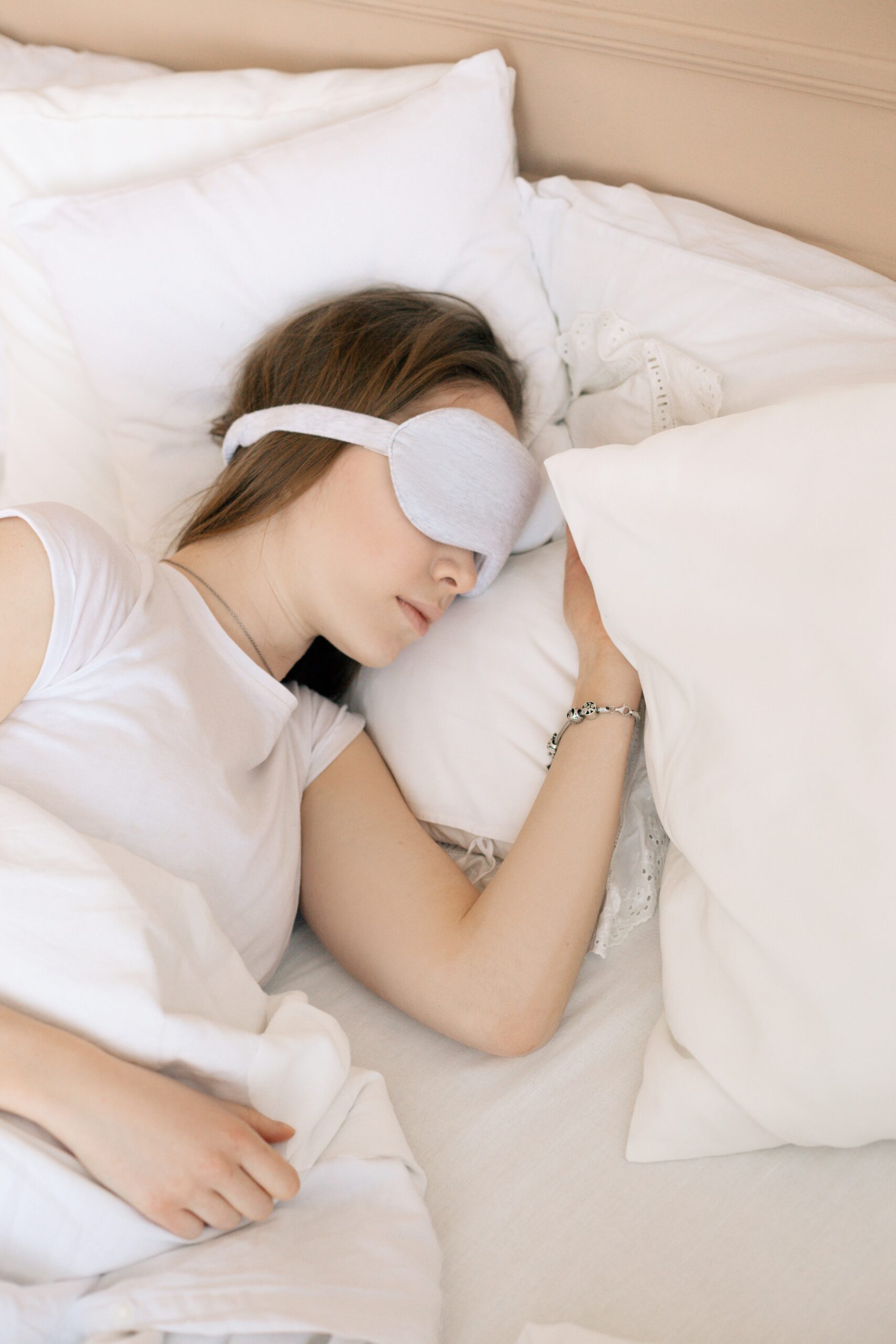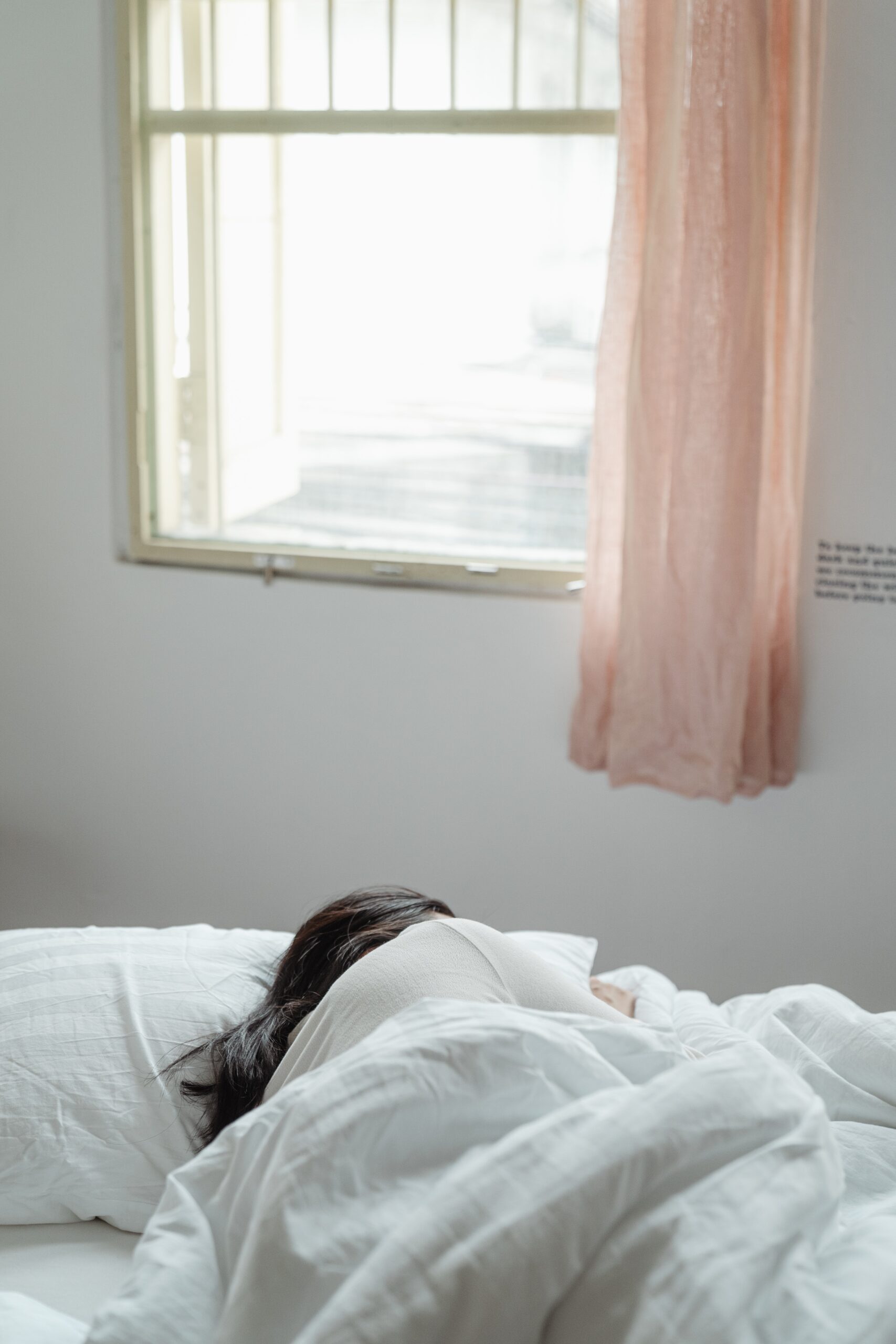Sleeping well is critical to our happiness. From ensuring we wake up feeling emotionally prepared for the day, to reducing the risk of developing adverse physical conditions, quality rest is essential.
However, many of us do not get the sleep we need to be healthy. Here, we’ll explore how much we should be sleeping and why it’s important.
Impact of poor sleep
Sleep comes easily to some, but can be tough for many of us. This is why many people spend hours reading sleep-related articles or browse mattress reviews hoping to solve their sleep issues.
Adequate rest is critical to healthy development in children and general wellbeing in adults. Healthy sleep includes duration, quality, timing (when you drift off and wake up), and the lack of sleep disorders. People who don’t get enough sleep run the risk of developing daytime tiredness, low mood, poor functioning, lower concentration levels, and reduced ability to handle emotional issues.
According to a Nature and Science of Sleep report, poor sleep has become an issue around the world and is associated with Type 2 diabetes, cardiovascular disease, hypertension, and depression. Studies have also found a link between poor sleep and weight gain with inadequate slumber disrupting hunger signals, which can cause us to eat more than necessary.
Considering insufficient sleep can also lead to a weaker immune system, it’s important to sleep well.
What about how sleep affects our state of mind? Quality sleep reportedly supports our emotional stability and not enough can cause low mood and insecurity. During adequate sleep, our brains clear themselves of toxins that build up during the day, which assists our learning, memory and emotional resilience. Regularly disrupted sleep harms the body’s level of stress hormones, which can also impair how we deal with emotions.
Optimum sleep duration
How much do experts believe we should sleep? According to the National Sleep Foundation, sleep is an essential sign of good health and the organization recommends the below sleeping times:
-
0-3 months: 14-17 hours a day.
-
4-11 months: 12-15 hours a day.
-
1-2 years: 11-14 hours a day.
-
3-5 years: 10-13 hours a day.
-
6-13 years: 9-11 hours a day.
-
14-17 years: 8-10 hours a day.
-
18-25 years: 7-9 hours a day.
-
26-64 years: 7-9 hours a day.
-
65+ years: 7-8 hours a day.
Children differ from adults regarding sleep, with the most palpable difference being the longer amount of time they should—and do sleep. For example, newborns sleep for about 70% of the day. However, these sleep cycles are shorter than an adult’s, averaging at around 40 minutes compared to 90 minutes for grown-ups.
During pre-school years, naps typically reduce and children start sleeping once at night as they mature. This also includes a reduction of the Rapid Eye Movement (REM) sleep period, which is the deepest stage of sleep. During late childhood, the percentage of non-REM sleep is at its peak, with sleep continuing to change to match that of an adult.
Once the child hits adolescence, sleep is very similar to a typical, healthy adult. However, puberty has been found to cause later sleep start and wake times, and the teenage lifestyle can mean a sleep ‘debt’ builds during the week, which many teens compensate for by sleeping in on weekends. Unfortunately, this is not only ineffective but also unhealthy and can cause circadian disruption. Since circadian rhythms are critical to the proper functioning of cells, tissues, organs, and behavior, any disruption can harm health.
From the age of about 18 years, people should be getting between seven and nine hours of rest every night. While it isn’t only optimum sleep duration that is important to a healthy, happy life, it’s a major contributor.
Sleep quality
Sleep quality is just as critical to good health as sleep duration. If you still feel tired after a full night’s sleep, your body might not be spending enough time in the various sleep stages.
Each stage of sleep offers benefits. However, deep sleep (when the body repairs itself and accumulates energy for the next day) along with mind and mood-enhancing REM sleep is especially important. While simply improving how long you sleep at night, in general, will boost the time spent in the REM sleep cycle, you can also try sleeping for an extra half an hour in the morning. This is when REM sleep stages are longest and it could help you feel more refreshed.
Sleeping for too long
Have you also considered that sleeping too much can be harmful? Studies have discovered a link between sleeping more than nine hours a night and conditions such as strokes, cardiovascular disease, high blood pressure, and weight gain. Although it has not been definitively proven that sleeping too much causes illnesses, it is believed to at least be an indicator of poor health.
Ideally, you should aim for the above sleep times every night, as chronic sleep deprivation can have adverse effects on your general wellbeing that you might not have considered.
Tips To Sleep Better at Night
Sleeping well at night is a necessity if you want to be able to have a productive tip. Still, many people find it difficult to fall asleep. If you face the same problem, you will know how much poor sleep can affect your body. Therefore, it is essential that you try out different methods to sleep better at night. Here are some tips.
Reduce Blue Light Exposure in the Evening
Blue light exposure during the day keeps you awake and active, but studies have shown that nighttime exposure to blue light can significantly affect your circadian rhythm, tricking your brain into believing it is daytime. This reduces melatonin, which is a deep hormone.
Blue light is commonly emitted by electronic devices such as computers and smartphones. You can avoid it by wearing blue light-blocking glasses, not watching TV or using your phone near bedtime, or installing an app that reduces blue light emission.
Stop Consuming Caffeine Late in the Day
Caffeine is known to enhance energy, focus, and sports performance, which is why it is often taken as a stimulant early in the day. However, suppose you consume caffeine later in the day. In that case, your body will be unable to relax naturally, and you will have difficulty falling asleep. A study suggests you should not consume caffeine up to 6 hours before bed. Therefore, drinking coffee after 3 to 4pm is not recommended.
Reduce Irregular or Long Daytime Naps
Many people like to take short power naps as they are beneficial in increasing their energy and levels of motivation. However, sleeping during the daytime can confuse your internal clock, causing you to feel sleepier during the day and wide awake at night. Studies suggest that naps should be limited to 30 minutes or less. Any naps that are longer can potentially harm your health and sleep quality.
Conclusion
Sleeping adequately is extremely important for your health because your body needs to recharge to get you through the day. The optimal sleep duration changes depending on your age. Still, it is recommended that everyone should get at least 8 hours of good quality sleep to be able to function properly.




